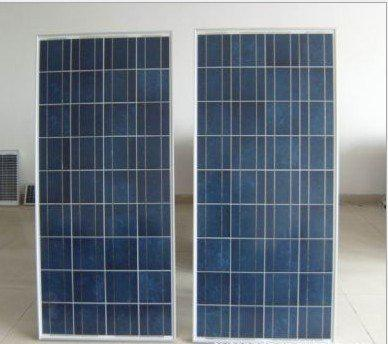As the world continues to prioritize sustainable and renewable energy sources, solar power has emerged as a popular option for homeowners. However, not all solar panels are created equal, and it’s important to understand the different types available before making a decision on which to install. In this comprehensive guide, we’ll explore Sunworth‘s different types of solar panels and their unique advantages, features, and benefits.
Solar panels provide advantages
Consider solar panel installation for a variety of reasons; the advantages will vary based on the kind of panel you select. We’ll look at some of the main benefits of each type of solar panel in this post to help you choose which is best for your company.
Solar array
Because they offer a greater total output than other varieties of solar panels, array solar panels are a popular choice. As a result, arrays can quickly cover a larger area, which makes them a viable option for companies that need to produce a lot of electricity quickly. Additionally, array solar panels can be deployed faster than conventional solar panels and are frequently less expensive than other forms of solar panels.
PV Modules
Thin-film cells in PV (photovoltaic) panels use sunlight to generate power. Similar to the batteries in your cell phone, these cells use the principles of physics to transform light into electricity. Typically, PV modules are installed on roofs or in other busy locations where they can soak up lots of sunlight. They’re an excellent solution for companies that want immediate results without having to invest a lot of money up front because they’re also rather easy to install.
A solar panel feature
Different solar panel types offer various features that might boost your company’s productivity. Here are some of the most crucial elements to take into account:
Concentrator solar panels: These panels make more electricity by concentrating more sunlight through a single, big lens. Although they can be more expensive than other types of panels, they work best for bigger installations with lots of sunlight.
PV (photovoltaic) panels: These panels employ solar-powered cells to produce electricity. Because they are compact and light, they may be put on windows or rooftops. PV panels produce less electricity than concentrator solar panels, but they are less expensive.
Grid-tied solar energy: This kind of panel is directly connected to the power grid, enabling you to sell any extra electricity back to it. This is helpful if you want to avoid building your own power plant or if you have a huge installation that requires a lot of power. Grid-tied solar power costs more than other solar power systems, but it’s worthwhile if you require a lot of electricity without having to install additional hardware or pay additional taxes.
Conclusion
The many solar panel types and their advantages have been covered in this article. After reading this essay, maybe you will know more about the best solar panel type for your house. The many solar panel types offered by Sunworth can be a viable option.
